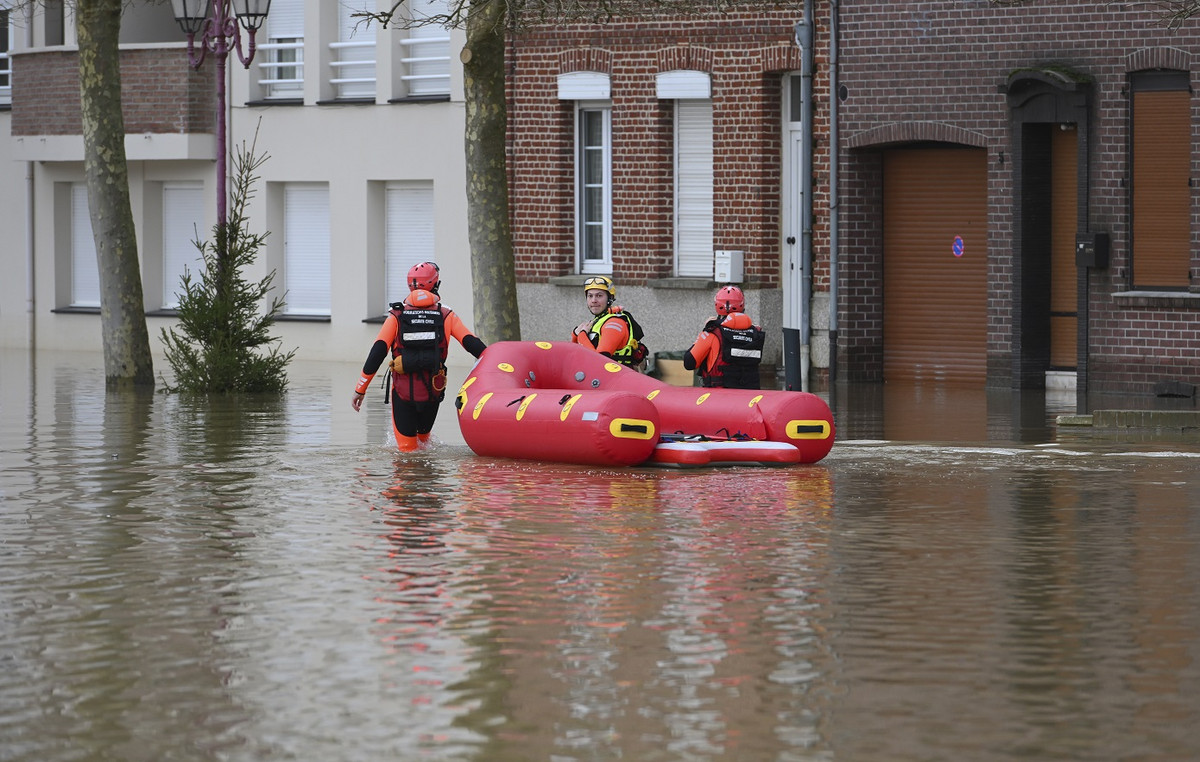An experimental error led a team of scientists studying bees to a surprising discovery: these insects' incredible ability to survive underwater for up to a week.
A study published in scientific magazine Biology Letters on Wednesday (17) described how scientists at the University of Guelph, in Canada, accidentally submerged queen bees of species common in eastern North America hibernating in the water and were shocked to discover that they had survived.
Study author Nigel Raine, professor in the university's School of Environmental Sciences, told CNN that the result was “very surprising”.
“These are terrestrial organisms, they’re not really meant to be underwater,” he said.
The team then conducted an experiment involving 143 queen bees from species common in eastern North America and found that those kept underwater for periods of up to seven days had similar survival rates to those that were not kept underwater, according to with a statement from the university.
“We found very little impact from any submergence regime,” Raine told CNN .
This is the first time scientists have tested how queen bees fare when submerged for long periods, and the findings shed new light on these insects' adaptations and their resistance to flooding.
During the cold season, queen bees hibernate alone after the males and workers die in late fall, Raine explained.
They overwinter in small holes, usually in well-drained soil in ravines, he added.
Scientists believed these conditions offered protection from flooding, which would be fatal to many terrestrial organisms, but the study shows that the queen bees used in the study can survive for at least a week.
“We don't know much about this critical phase in its life cycle,” he said. “We are starting to understand what is happening underground.”
Although this study did not examine how bees manage to survive, one possible explanation is that they are in diapause said Raine, who is “a state of suspended growth and reproduction characterized by reduced oxygen intake ,” according to the release.
During diapause, respiratory openings known as spiracles can close for long periods and prevent water from entering the body. Submerged queen bees can also breathe through their skin, researchers said.
“These bees are effectively in power saving mode “, said Raine, adding that they probably would not survive underwater if they were active.
Understanding the mechanisms behind this resilience is a key question for future research, said Raine, who also plans to test whether hibernating queens could survive for more than a week underwater.
“It could be a lot more than that,” he said.
Raine also plans to research whether other bee species have similar resilience to submersion.
“Understanding wild pollinators is very, very important,” he said, emphasizing the importance of these insects to food security and terrestrial ecosystems.
Source: CNN Brasil
Charles Grill is a tech-savvy writer with over 3 years of experience in the field. He writes on a variety of technology-related topics and has a strong focus on the latest advancements in the industry. He is connected with several online news websites and is currently contributing to a technology-focused platform.







